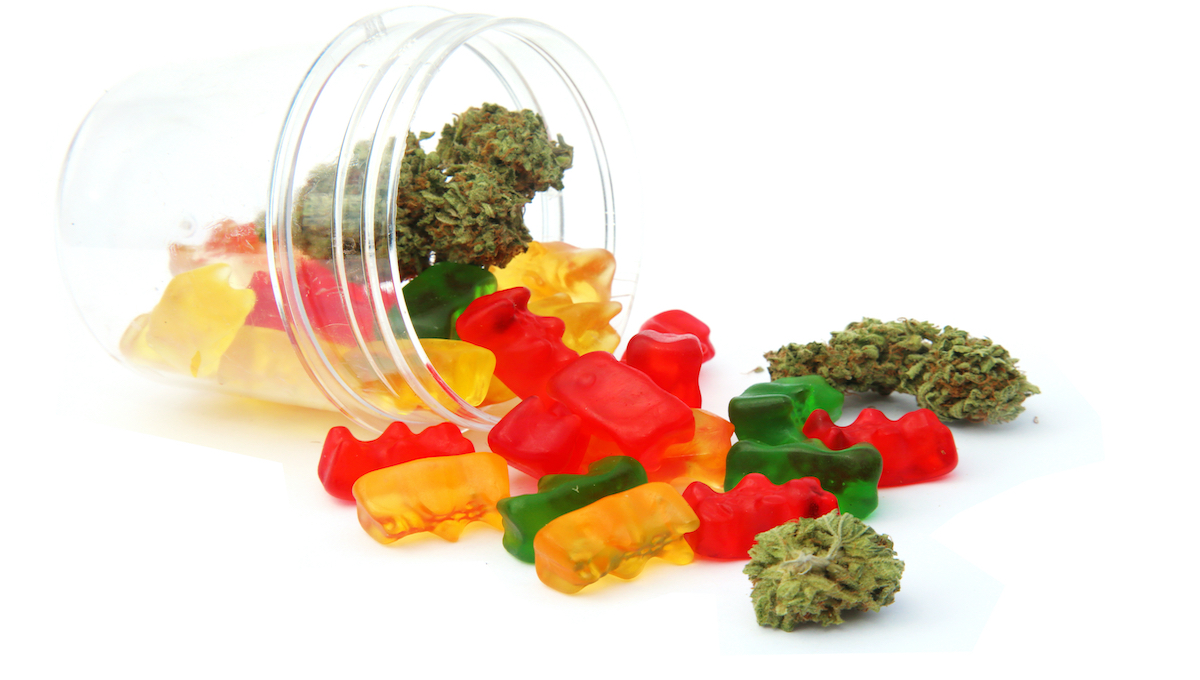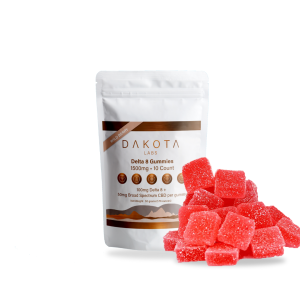Delta-8-tetrahydrocannabinol (Delta-8-THC or simply Delta-8) and delta-9-tetrahydrocannabinol (Delta-9-THC or THC) are two distinct cannabinoids found in the cannabis plant. Both have psychoactive properties but differ in their legality, potency, and effects. Here’s a comparison between Delta-8-Gummies and thc gummies:
Legality
Delta-8-Gummies:
Legal Status: Delta-8-THC is often considered a legal alternative to Delta-9-THC in some jurisdictions, including the United States. However, its legality can vary by state and country. It’s essential to check local regulations before purchasing Delta-8 products.
Regulatory Changes: The legal status of Delta-8 is subject to change, as regulatory agencies are actively evaluating its classification.
THC Gummies:
Legal Status: THC is a controlled substance in many countries, including the United States. It is illegal at the federal level but may be legal for medical or recreational use in some states or countries where cannabis is legalized.
Strict Regulations: THC products are subject to strict regulations, including age restrictions and product quality standards in regions where they are legal.
Psychoactive Effects
Delta-8-Gummies:
Psychoactivity: Delta-8-THC produces psychoactive effects, although they are generally milder compared to Delta-9-THC. Users may experience relaxation, euphoria, and mild alterations in perception.
Anxiety and Paranoia: Delta-8 is believed to be less likely to induce anxiety or paranoia in users compared to Delta-9-THC, but individual responses can vary.
THC Gummies:
- Potency: THC is known for its strong psychoactive effects, including intense euphoria, altered perception, and increased appetite. The potency can lead to significant impairment and altered cognitive function.
- Potential for Anxiety: Some individuals may experience anxiety, paranoia, or hallucinations when consuming THC, especially in high doses or if they have a low tolerance.
Medical Benefits
Delta-8-Gummies:
- Anecdotal Reports: Some users claim that Delta-8 may offer therapeutic benefits similar to Delta-9-THC, such as pain relief, nausea reduction, and appetite stimulation.
- Research Limited: There is limited scientific research on the medical benefits of Delta-8, and more studies are needed to validate its potential advantages.
THC Gummies:
- Well-Established Benefits: Delta-9-THC has well-documented medical applications, including pain management, nausea control, appetite stimulation, and muscle relaxation. It’s commonly used in medical cannabis programs.
- Prescription Medications: Pharmaceutical drugs containing Delta-9-THC (e.g., Marinol and Cesamet) are available with a prescription in some countries.
Side Effects
Delta-8-Gummies:
Milder Side Effects: Users may experience side effects like dry mouth, red eyes, increased heart rate, and dizziness, but these are generally milder compared to those associated with Delta-9-THC.
THC Gummies:
Stronger Side Effects: THC can cause pronounced side effects, including impaired coordination, memory and cognitive issues, increased heart rate, anxiety, paranoia, and hallucinations, especially at higher doses.
Conclusion
Delta-8-Gummies and THC Gummies offer distinct experiences due to the differences in their legality, potency, psychoactive effects, and potential medical benefits. The choice between the two depends on individual preferences, legal considerations, and desired effects. Always consult local laws and regulations and use cannabis products responsibly, particularly if you are new to cannabinoids or have concerns about their psychoactive effects.

















